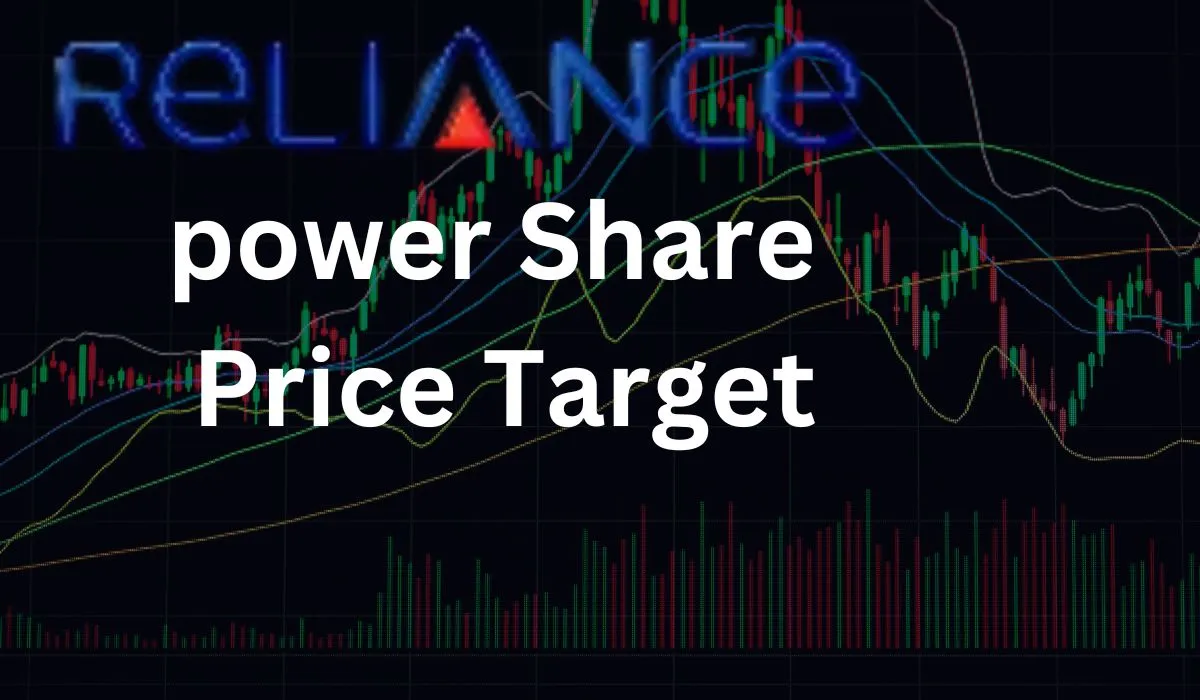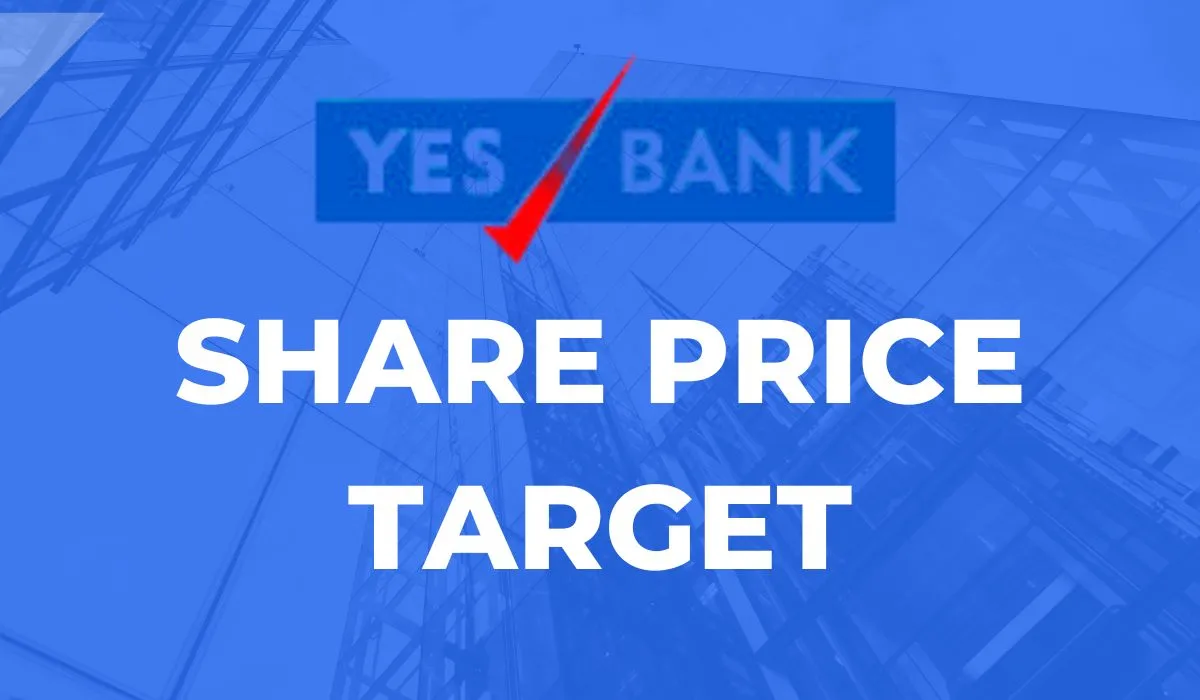Investing in Alok Industries can be a fascinating journey, given its current market position and the potential to grow.
As a significant player in the Indian textile industry, Alok Industries has shown resilience despite financial hurdles.
This article dives into Alok Industries Share Price Target from 2025 to 2030, exploring its fundamentals, market position, and future potential based on realistic projections and industry dynamics.
With these figures in mind, let’s delve into the price targets for the coming years.

Table of Contents
Alok Industries Share Price Target 2025
The Alok Industries Share Price Target 2025 is projected at ₹55, more than double its current price of ₹23.04.
This optimism stems from the anticipated recovery in global textile demand and the Indian government’s push to boost manufacturing.
For instance, the textile sector is a major focus area under the Production Linked Incentive (PLI) scheme, which aims to enhance competitiveness.
Additionally, as Alok Industries improves operational efficiency, it could become a more profitable player.
However, its negative Book Value (-₹40.78) and high debt remain concerns, requiring careful management.
Read More:
- Zee Entertainment Share Price Target From 2025 To 2030
- Ola Electric Share Price Target From 2025 to 2030
- NTPC Green Energy Share Price Target From 2025 To 2030
- ATGL Share Price Target From 2025 To 2030
- Adani Wilmar Share Price Target From 2025 To 2030
- Adani Energy Solutions Share Price Target From 2025 To 2030
Alok Industries Share Price Target 2026
In 2026, Alok Industries Share Price Target is estimated at ₹68.
By this time, analysts expect the company to leverage automation and digital transformation to streamline operations.
For example, competitors like Trident are already implementing AI-based inventory management to cut costs, and Alok Industries could follow suit.
Moreover, its high trading volumes (1,67,57,719 shares) reflect strong market interest, signaling investor confidence.
However, the company’s success in hitting this target will heavily depend on reducing its debt and improving earnings per share (currently at -₹1.84).
Alok Industries Share Price Target 2027
By 2027, the Alok Industries Share Price Target is forecasted at ₹80.
The company could benefit from increasing demand for sustainable textiles, especially in European and North American markets.
Imagine a global shift toward environmentally friendly products—this could be a major growth driver for Alok Industries if it aligns with sustainability practices.
However, the textile industry’s P/E Ratio (32.42) is far above Alok’s current performance, indicating the need for significant improvement.
Competitors like Raymond and Arvind Ltd. may also challenge Alok’s market share, making strategic differentiation vital.
Alok Industries Share Price Target 2028
In 2028, Alok Industries Share Price Target is expected to rise to ₹110, driven by robust demand and better cost management.
By this point, the company may have reduced its debt-to-equity ratio significantly, positioning itself for higher returns.
Real-life examples of similar turnarounds include companies like Tata Steel, which managed to overcome financial struggles through strategic restructuring.
If Alok Industries can replicate such efforts, the ₹110 target may become a reality.
Alok Industries Share Price Target 2029
The Alok Industries Share Price Target for 2029 is pegged at ₹140.
This reflects the company’s potential to dominate the mass-market textile segment, particularly in emerging economies.
Partnerships with e-commerce platforms like Amazon and Flipkart could further bolster its sales channels, enhancing revenue streams.
However, risks like raw material price fluctuations and geopolitical trade tensions remain.
Investors should keep a close watch on the company’s quarterly earnings and strategic developments.
Alok Industries Share Price Target 2030
By 2030, the Alok Industries Share Price Target is projected to reach ₹190, marking a remarkable journey from its current price.
This growth hinges on the company’s ability to innovate, diversify, and capitalize on new market opportunities like technical textiles and smart fabrics.
As a long-term investor, imagine buying the stock at its 52-week low of ₹19.70 and seeing it rise to ₹190—an incredible 10x growth potential.
However, this requires patience and confidence in the company’s future strategies.
Factors Affecting Alok Industries Share Price
The performance and share price prediction of Alok Industries are influenced by a combination of internal and external factors.
Understanding these elements is crucial for evaluating its future prospects:
Debt Management
Alok Industries’ debt-to-equity ratio of -1.28 highlights its high debt burden.
Effective restructuring and repayment strategies will play a pivotal role in improving investor confidence and meeting its share price targets for 2025 and beyond.
Market Demand for Textiles
Global recovery in textile demand, especially in developing economies, is a key driver.
The rise in e-commerce and partnerships with platforms like Amazon could further boost revenue, impacting Alok Industries Stock Price Target positively.
Government Policies
Initiatives like the PLI (Production Linked Incentive) scheme and tax benefits for exporters offer significant growth opportunities.
These policies could help Alok Industries improve its operational efficiency and achieve its share price forecasts for 2026 and 2027.
Sustainability Trends
With global focus shifting toward sustainable products, Alok Industries must adapt its manufacturing processes.
Failure to capitalize on this trend could affect its competitiveness and ability to reach its share price target for 2028.
Competition in the Textile Sector
Competitors like Trident, Welspun, and Raymond are also innovating rapidly.
Their pricing strategies, market expansions, and partnerships directly influence the share price prediction for Alok Industries.
Raw Material Prices
Fluctuations in the cost of raw materials, such as cotton and synthetic fibers, can impact profit margins.
This factor is critical when forecasting Alok Industries Share Price Target for 2029 and 2030.
Economic Conditions
Macroeconomic factors like inflation, currency exchange rates, and consumer spending also affect the company’s performance.
A robust economic environment is essential for meeting its stock price targets.
Risks Associated with Alok Industries Share Price
Investing in Alok Industries comes with its share of risks. Here’s what to consider before making a decision:
- High Debt Burden
With a negative book value (-₹40.78) and poor financial health, Alok Industries faces a high risk of default. If it fails to reduce its liabilities, the share price prediction for 2025-2030 could fall short of expectations. - Volatility in Share Prices
The stock’s 52-week low of ₹19.70 and high of ₹39.05 demonstrate significant price swings. Such volatility can deter risk-averse investors and affect market sentiment. - Negative Earnings Per Share (EPS)
The current EPS (TTM) of -₹1.84 indicates unprofitability, which could discourage long-term investors and impact share price forecasts negatively. - Competition from Established Players
Competitors like Raymond and Arvind Ltd. have better financial stability and brand recognition, which may challenge Alok Industries’ market share and hinder its ability to reach its share price targets for 2027 and beyond. - Raw Material and Supply Chain Risks
Disruptions in the supply chain or rising raw material costs could squeeze profit margins, directly impacting Alok Industries Share Price Prediction 2025-2030. - Global Trade Tensions
Tariffs, sanctions, or trade restrictions can impact exports, reducing revenue. Such external factors could delay the achievement of its share price forecasts. - Dependence on Economic Recovery
Alok Industries’ growth relies heavily on economic stability. Any slowdown in global or domestic economies can affect demand and hamper its share price target for 2028 and beyond.
By keeping these factors and risks in mind, investors can make more informed decisions regarding Alok Industries.
The potential for growth is evident, but careful analysis is essential to navigate the risks effectively.
Conclusion
So, is Alok Industries worth your investment? If you’re someone who believes in long-term growth and the resilience of India’s textile sector, this stock could be an attractive pick—especially near its 52-week low of ₹19.70.
However, remember that high rewards come with high risks.
Analyze the company’s fundamentals, track its performance, and consult a financial advisor before making any decisions.
We’d love to hear your thoughts! Do you see Alok Industries as a potential multi-bagger stock?
Share your feedback in the comments below, and if you found this article insightful, don’t forget to like, comment, and share on social media. Your engagement helps us bring more valuable content to you!
FAQs
What is the Alok Industries Share Price Target for 2025?
The Alok Industries Share Price Target 2025 is estimated to reach ₹55, driven by improved market demand for textiles and supportive government policies. However, reducing its high debt burden will be critical for achieving this target.
What is the Alok Industries Share Price Target for 2026?
The Alok Industries Share Price Target 2026 is projected at ₹68. This growth is anticipated due to operational efficiencies, technological advancements, and expanding global textile markets.
What is the Alok Industries Share Price Target for 2027?
By 2027, the Alok Industries Share Price Target is expected to rise to ₹80. The company could capitalize on sustainable textile trends and an increasing focus on exports, provided it keeps its financials in check.
What is the Alok Industries Share Price Target for 2028?
The Alok Industries Share Price Target 2028 is predicted at ₹110. Strategic diversification into technical textiles and partnerships with e-commerce platforms could fuel this growth.
What is the Alok Industries Share Price Target for 2030?
By 2030, the Alok Industries Share Price Target is forecasted to reach ₹190. A strong focus on innovation, sustainability, and strategic collaborations could drive this remarkable growth.
Is Alok Industries a Good Buy for the Long Term?
Alok Industries has long-term growth potential due to its strong position in the textile sector and the government’s focus on boosting domestic manufacturing. However, its high debt, negative EPS, and volatile price history make it a risky investment. If bought near its 52-week low, it could offer substantial returns, but thorough research and risk assessment are essential.






